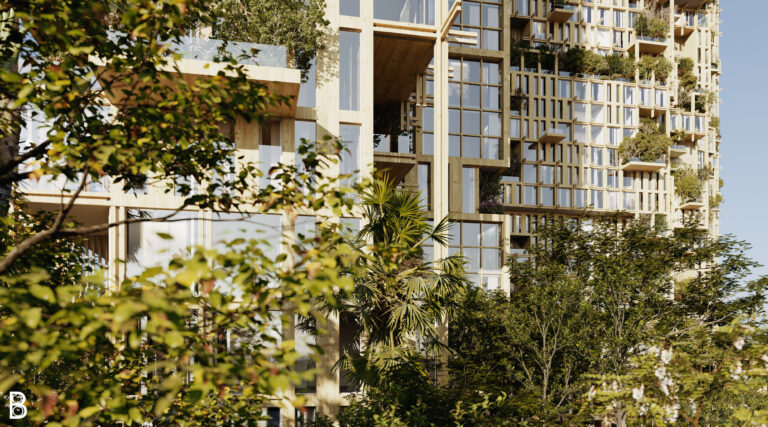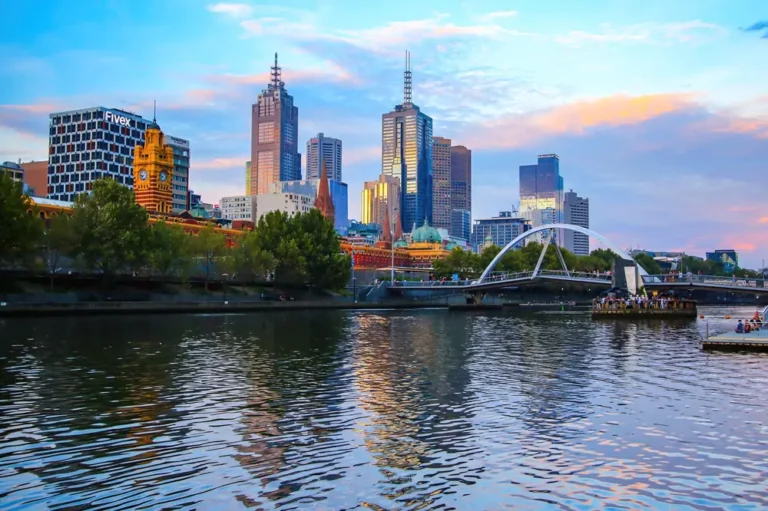Thailand’s real estate sector watches closely as the Shinawatras return to power
The Shinawatras are back in power in Thailand, but time will tell if the clan’s populist policies lift the country’s ailing real estate sector

Almost two decades since Thaksin Shinawatra was ousted in a military coup, Thailand’s most divisive dynasty is back in the driving seat—at least for now. The third instalment of the Shinawatra saga saw Thaksin’s daughter, Paetongtarn Shinawatra, stepping into the spotlight after real estate mogul Srettha Thavisin’s abrupt departure from power, following just 358 days as prime minister.
This political shake-up couldn’t come at a more crucial time for the real estate sector. Inflation is soaring, properties are piling up in an oversupplied market, and the industry is desperately searching for stability. As Thailand’s political drama intensifies, so too do the questions about the country’s economic future. Will the return of the Shinawatras spark the infrastructure-led growth of the past? Or will populist policies stir uncertainty and rattle investor confidence?
Historically, the Shinawatras have emphasised infrastructure growth. If such priorities are renewed, the real estate sector could benefit from significant upgrades in transportation and regional airport expansions
To grasp what lies ahead, it’s worth looking back at how the Shinawatra legacy shaped Thailand’s economy. Thaksin’s tenure, from 2001 to 2006, was marked by a flurry of infrastructure projects that spurred economic growth and redefined the real estate landscape. Populist policies, such as village funds and easy credit, fuelled demand for housing and commercial spaces, while heavy investment in transport infrastructure—roads, airports, mass transit—opened new areas for development. Yingluck, who followed in 2011, continued this focus on growth, though her term was cut short by political unrest.
Srettha’s brief time in office brought a different approach. As a seasoned real estate executive, he was expected to take a business-savvy stance, introducing housing affordability measures and ambitious infrastructure plans like the Southern Land Bridge project. With his sudden departure, these initiatives now hang in the balance, casting doubt on their continuity.
“Historically, the Shinawatra family has emphasised infrastructure growth,” says real estate analyst Marciano Birjmohun. “If such priorities are renewed, the real estate sector could benefit from significant upgrades in transportation and regional airport expansions, especially in entertainment complexes and destination developments.”
He also anticipates that the new administration will aim to stimulate domestic demand, which could boost consumer spending and, in turn, drive demand for both residential and commercial properties. Affordable housing initiatives, if aligned with urban development projects, could further lift the sector.
But the challenges are glaring. The possibility of land ownership reforms aimed at increasing accessibility for local citizens could put large-scale projects at risk. Meanwhile, political tensions may trigger short-term volatility, and populist policies designed to stimulate the economy could increase public debt and inflation, ultimately weakening purchasing power in mid-to-high-end property markets.

“Developers will need to stay agile and responsive,” Birjmohun warns. “Shifts in investor sentiment and economic instability could weaken purchasing power in key segments.”
Indeed, Thailand’s real estate market faces deep structural issues beyond politics. The lack of a cohesive urban development plan has left developers relying on self-driven strategies to navigate economic pressures. Rising inflation and oversupply have only deepened the strain, with few government-backed solutions providing relief. For those developers who have diversified their investment strategies, there has been some success. But many remain locked into traditional approaches, unable to innovate or embrace the changes necessary to stay competitive.
“Only a few developers have diversified successfully,” Birjmohun notes. “The rest stick to a traditional approach, and many don’t know how to adapt to changing market demands.”
This lack of adaptability, coupled with insufficient government policies, threatens to stagnate the market amid an evolving economic landscape. Industry experts stress that innovation and flexibility are no longer optional—they are essential for survival.
“Competition forces developers to be creative and to diversify,” says Chotika Tungeirisurp, head of research and consulting at CBRE Thailand. “Correct pricing is also critical alongside housing innovation, as services become increasingly important in differentiating from the competition.”
Sustainability has become an essential pillar in this push for innovation. It isn’t just about compliance; it’s a market necessity. Sustainable developments and cutting-edge building techniques are fast becoming key factors in attracting both investors and customers, helping developers manage costs while gaining a competitive edge.
“Having green in your design and procurement formula and supporting third-party certifications is essential for securing financing nowadays,” says Charles Blocker, founder and CEO of IC Partners Limited. “Many banks and private equity funds won’t even consider a loan request or an investment without it.”
This focus on sustainability reflects a broader shift in global investment strategies, but foreign investment is expected to play a critical role in shaping Thailand’s real estate future. Developers are watching closely for changes to foreign investment rules, which could open new opportunities in high-end urban and resort markets.
“Bangkok, Phuket, and Pattaya have always been attractive to international buyers, and favourable foreign investment policies could drive significant capital inflows into these markets,” Birjmohun adds.
Additionally, the Eastern Economic Corridor (EEC)—a longstanding priority for previous administrations—remains a focal point for future development. This initiative, designed to attract foreign investment, builds on past efforts, such as those under Thaksin’s administration, which promoted special economic zones (SEZs) to stimulate industrial growth. Expansion within the EEC could unlock growth in logistics hubs, luxury resorts, and industrial zones, creating lucrative opportunities for developers willing to invest.
To entice further investment, the government might introduce tax breaks or subsidies, particularly for sustainability-driven projects. These incentives would not only encourage environmental responsibility but could also attract substantial capital.
“We could actually see tax credits and other financial incentives given by local or national governments to those committed to sustainability and technological innovation,” Blocker says. “These incentives would support the use of emerging technologies in building systems, MEP, and even software for waste management and utilities.”
As Thailand’s real estate sector braces for what comes next, it stands at a tipping point—caught between the uncertainty of political reshuffling and the promise of renewed opportunity. The return of the Shinawatras, with their historical focus on infrastructure-led growth, raises hopes for another surge in development.
But the risks are equally clear. Populist policies, volatile investor sentiment, and a fragile economic foundation threaten to undermine any progress. Only time will tell whether it’s third time lucky for the Shinawatras—or three strikes and out for good.
The original version of this article appeared in PropertyGuru Property Report Magazine Issue No. 187 on issuu and Magzter. Write to our editors at [email protected].
Recommended
From childhood curiosity to architectural innovation: Mohammed Adib’s vision for a sustainable, flexible future
Mohammed Adib channels childhood curiosity and an aversion to design homogeny into his work for Dewan Architects + Engineers
ARES White Paper Volume 3: The era of adaptive reinvention
Pioneering sustainable and innovative practices in urban development
ARES White Paper Volume 2: Unravelling the power of data revolution in real estate
Insights on proptech, smart cities, and sustainable development
ARES Digital White Paper Volume 1: The fundamentals of responsible building
Green and climate heroes join forces to discuss how Asia Pacific can weather the current environmental crises and the looming effects of climate change






